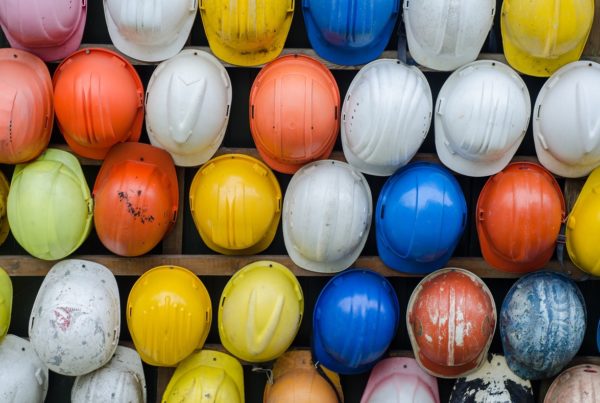Last year, eight states introduced or actively carried over bills supporting “advanced” chemical recycling, while 11 states considered bills restricting chemical recycling.
Bills of particular importance to the recycled materials industry that carried over were Nebraska’s LB599 and Alaska’s HB 143. It was anticipated that Nebraska’s LB 599 would be revisited with revised language but ultimately the bill never received a hearing. The bill would have created chemical “advanced recycling” definitions and exemptions from state solid waste definitions and state and local governmental oversight that are not extended to mechanical recyclers. Alaska HB 143 passed the House but stalled in the Senate.
Other bills that would have tackled chemical recycling via new packaging EPR legislation that were introduced but did not pass included New York’s A5322 / S4246, Washington’s HB 2049 /SB 6005, Vermont’s HB 602, and New Jersey’s A2776.
Other noteworthy bills related to chemical and advanced recycling were introduced and debated across various states. Highlights include:
- Colorado SB 150 sought to regulate pyrolysis and gasification processes as solid waste-to-energy incineration systems at the state and local levels but was vetoed by Governor Polis.
- Alabama HB 402 / SB 264, which replaced the chemical “advanced” recycling definitions introduced in 2023 as HB 460. The new bills add a definition for “mass balance attribution” for chemical recycling and amend the existing definition for a “recovered materials processing facility” to state that such is a manufacturing facility. HB 402 failed to advance after a brief public hearing by the Alabama House Commerce and Small Business Committee. Stephanie Baker of KW Plastics, Emily Ham of International Paper, and David Cole of the Ductile Iron Pipe Research Institute testified in opposition, preventing the bill from receiving a motion for a favorable report.
- Maine LD 1660 was enacted on March 5, defining “chemical plastic processing” as separate from “plastic-to-plastic recycling.” This became the first bill that would regulate advanced recycling facilities under the state’s solid waste law. The new law creates a definition for “chemical plastic processing,” requires chemical plastic processing facilities to be licensed as solid waste facilities, and excludes chemical plastic processing from the new definition for “plastic-to-plastic recycling.”
- Michigan SB 543 was introduced to remove chemical recycling definitions from the Environmental Protection Act, but did not move forward.
- Wyoming SF 80 was enacted to remove the solid waste classification and instead define advanced recycling as a manufacturing process.
2025 State Forecast
Given last year’s momentum, ReMA staff anticipate that additional stateswill introduce or revisit legislation concerning chemical recycling in 2025. States may propose bills to classify “advanced recycling” as a manufacturing process, thereby exempting these facilities from certain solid waste regulations and encouraging investment in recycling infrastructure. Alternatively, some states might consider legislation to impose stricter regulations on chemical recycling processes due to environmental and public health concerns, either in stand-alone legislation such as Maine LD 1660 or through packaging EPR, recyclability / labeling legislation, or environmental justice-linked permitting requirements.
Early entries restricting chemical recycling include New York A1749 / S1464, packaging EPR bills that deem chemical conversion processes as disposal; Oregon HB 2960, banning plastic conversion or depolymerization facilities; and California AB 70, defining pyrolysis to ensure that such is not included in the source reduction and recycling element of an integrated waste management plan if biomass conversion is already being used.
To date, the division on how a state will address chemical recycling has largely been linked to which party has control in the state, with Republican-led legislatures accepting “advanced recycling” definitions while Democrat-led legislatures look toward stricter regulations.
2024 Federal Activity & Anticipated Action in 2025
Chemical recycling has remained a high priority for several industry groups in Washington, D.C., with a new bill introduced late in the 118th Congress that would incentivize and support the growth of the chemical recycling industry. The Accelerating a Circular Economy for Plastics and Recycling Innovation Act of 2024 was co-sponsored in the House of Representatives by now-retired Rep. Larry Bucshon (R-IN) and Rep. Don Davis (D-NC). The bill would have, among other things, redefined pyrolysis as manufacturing, which would have made it exempt from air pollution laws. Though the bill did not move forward, introduction is possible in the 119th Congress.
If the previous Trump administration provides a playbook, it is possible that the incoming administration will re-start efforts to exempt pyrolysis from meeting emission requirements for incineration under the Clean Air Act, an action that the Biden administration reversed.
Photo: Oregon State Capitol. Courtesy of M.O. Stevens, Public domain, via Wikimedia Commons.










